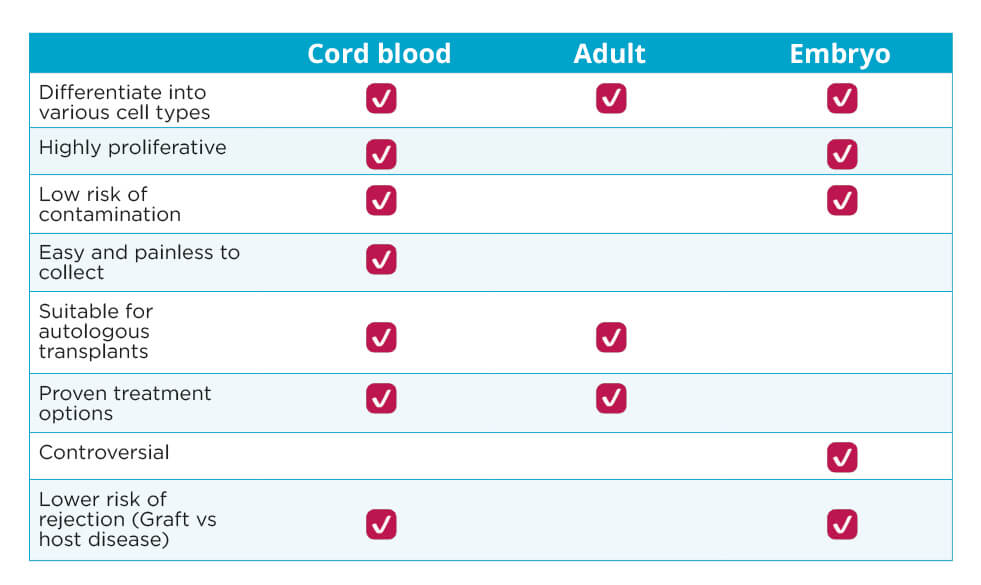What is World Cord Blood Day? Everything You Need to Know
02/01/2024

Parents, doctors, nurses and midwives are encouraged to learn more about cord blood stem cells this week as the second ever World Cord Blood Day 2018 takes place.
The initiative includes talks and workshops across the globe. They are intended to promote cord blood therapy, including a virtual webinar featuring leading researchers and industry experts.
The event comes one month after the 30th anniversary of the first ever cord blood transplant, which took place on October 6th 1988.
What is World Cord Blood Day?
The Save the Cord Foundation in the USA has organised World Cord Blood Day. They intend to raise awareness and improve education about cord blood and cord blood banking.
Organisers designed the day to spread the word among healthcare professionals and parents alike. There will be a focus on the latest developments in stem cell science.
For example, 4 million families have now stored their baby’s cord blood around the world. Additionally, there have been 6,500 clinical trials exploring stem cell treatments.
Conditions treated with cord blood: 80
Cord blood clinical trials: 1102
New cord blood clinical trials in 2018: 119
What is happening on World Cord Blood Day?
Organisers have scheduled a virtual conference for World Cord Blood Day, featuring a variety of talks that will be available to watch online.Among them will be an interview with Dr Joanne Kurtzberg from Duke University. Kurtzberg currently spearheads clinical trials for neurological conditions such as autism, cerebral palsy and stroke.Since 2012, nine of Cells4Life’s releases have been sent to Duke for use in trials for ground-breaking therapies.







